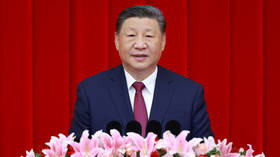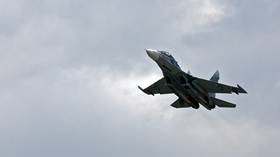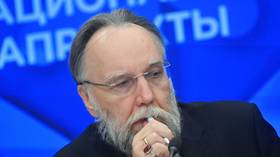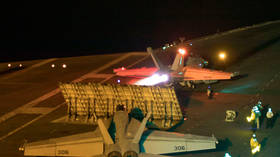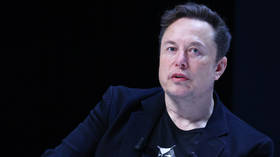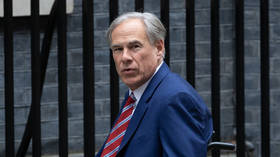Leicester City owners latest accused of financial foul play
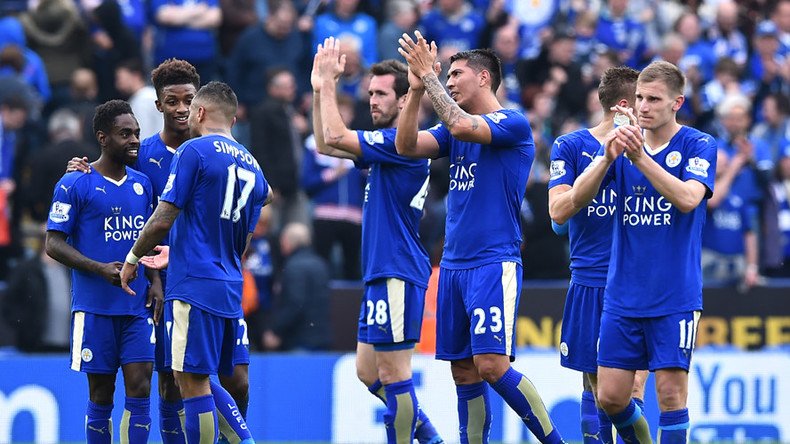
Despite Leicester City making global headlines for all the right reasons this season after their amazing campaign, the latest press on the Foxes is rather negative.
The British press has said this week there is a record of irregular finances from the club’s owner - billionaire Thai businessman Vichai Srivaddhanaprabha and his company King Power.
The report claims that a deal with a business called Trestellar Ltd, who were used to market the club in the UK and South-East Asia, is under investigation.
Leicester City: billionaire owners' deal with company run by Sir Dave Richards' son, which has no telephone number https://t.co/sIU1YB36pa
— David Conn (@david_conn) April 12, 2016
There is a chance that Leicester used Trestellar to escape UEFA’s financial fair play rulings, with the sale of naming rights to the stadium and sponsorship of the team’s shirts clouded in controversy.
The report suggests that Trestellar sold the club’s main sponsorships to King Power - a company already owned by Srivaddhanaprabha and as a result Leicester’s income was substantially boosted.
Although this accusation is yet to be proven or any action taken, football club owners have long been incriminated for their underhanded financial mismanagement.
Manchester City spring to mind when discussing financial fair play, with the Premier League side fined $69 million and handed a transfer cap in May 2014.
Man city fan on @5liveSport having a dig at @PSG for financial fair play. Glasshouses an all that.
— YGD (@York_Designers) April 12, 2016
The English club pushed the boundaries of fairness when the team’s owners, led by Sheikh Mansour, sold the naming rights to the stadium to Etihad Airways - also owned by the Abu Dhabi government.
This long-term agreement was essentially viewed as the club’s owners unfairly pumping more money into the organization to be spent on players, with the commercial deal a front to mask the fact they had eclipsed financial fair play regulations.
Paris Saint-Germain were hit with a similar fine following their extortionate spending after the Qatar Investment Authority’s purchase of the French club.
That PSG and Man City can be in the rich list based on 'income' shows what a farce Financial Fair Play is. https://t.co/jh1EsQv4cE
— Ciarán Jordan (@CiaranJordan) January 21, 2016
Financial skullduggery in football is not a new thing and the Italians have been some of the worst offenders in the modern era.
Between 2004 and 2010, a host of Italian clubs, including giants AC and Inter Milan, were found guilty of financial foul play through manipulating the price of players and using false account tricks to pass financial tests from the Italian Football Federation.
The most severe punishment handed down was a five-year ban to Enrico Preziosi, who was found guilty of an abnormal transaction between the two clubs he presided over, Genoa and Como.
Malaga owner Sheikh Abdullah Bin Nasser Al Thani’s time at the Spanish club has not had many dull moments, with financial irregularities also commonplace.
The Qatari bought the Andalusia-based club in 2010 and invested heavily.
Malaga break FFP = instant European ban. Man City break it = only a fine. UEFA are biased towards big clubs.
— dale (@darthsmauI) May 16, 2014
However, in subsequent years unpaid bills and tax irregularities were reported, with Malaga eventually banned from European competition and hit with fines.
The La Rosaleda outfit’s promise of rivaling Barcelona and Real Madrid has since waned, while Al Thani has gone missing to some degree.
Russian side Anzhi Makhachkala are also another example of financial shenanigans from a club owner, with Suleyman Kerimov’s role creating a wealth of headlines.
Anzhi owner Suleyman Kerimov will stop his financial support to the club if it is relegated this season according to Sportbox.
— Toke Theilade (@TokeTheilade) March 22, 2016
The Dagestani billionaire took over at the Anzhi Arena in 2011 and promised to revolutionize the club.
Big spending followed, with Samuel Eto’o believed to have been made the sport’s highest-paid player and Anzhi looking set to become a force both domestically and in Europe.
However, when Kerimov stopped the flow of cash in 2013, star players were sold and the dream of dominating Russian football subsequently ended - with Anzhi looking like prime candidates for relegation this season.


